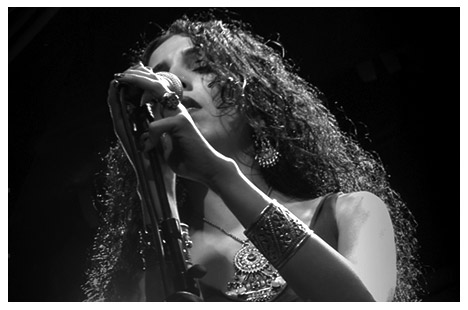
A deeply mysterious and mystical poem, this. Vaughan had a twin brother Thomas, an alchemist; both attended Jesus College, Oxford, where I write. I recently had the priviledge of handling
some of Thomas Vaughan's own books.
Regeneration, Henry Vaughan (1622-1695).
1.
Award, and still in bonds, one day
I stole abroad,
It was high-spring, and all the way
Primros'd, and hung with shade;
Yet, was it frost within,
And surly winds
Blasted my infant buds, and sin
Like clouds eclips'd my mind.
2.
Storm'd thus; I straight perceiv'd my spring
Mere stage, and show,
My walk a monstrous, mountain's thing
Rough-cast with rocks, and snow;
And as a pilgrim's eye
Far from relief,
Measures the melancholy sky
Then drops, and rains for grief,
3.
So sigh'd I upwards still, at last
'Twixt steps, and falls
I reach'd the pinnacle, where plac'd
I found a pair of scales,
I took them up and laid
In th'one late pains,
The other smoke, and pleasures weigh'd
But prov'd the heavier grains;
4.
With that, some cried, Away; straight I
Obey'd, and led
Full east, a fair, fresh field could spy
Some call'd it Jacob's Bed;
A virgin-soil, which no
Rude feet ere trod,
Where (since he slept there,) only go
Prophets, and friends of God.
5.
Here, I repos'd; but scarce well set,
A grove descried
Of stately height, whose branches met
And mixed on every side;
I entered, and once in
(Amaz'd to see't,)
Found all was chang'd, and a new spring
Did all my senses greet;
6.
The unthrift sun shot vital gold
A thousand pieces,
And heaven its azure did unfold
Checker'd with snowy fleeces,
The air was all in spice
And every bush
A garland wore; thus fed my eyes
But all the ear lay hush.
7.
Only a little fountain lent
Some use for ears,
And on the dumb shades language spent
The music of her tears;
I drew her near, and found
The cistern full
Of diverse stones, some bright, and round
Others ill'shap'd, and dull.
8.
The first (pray mark,) as quick as light
Danc'd through the flood,
But, th'last more heavy than the night
Nail'd to the center stood;
I wonder'd much, but tir'd
At last with thought,
My restless eye that still desir'd
As strange an object brought;
9.
It was a bank of flowers, where I descried
(Though 'twas mid'day,)
Some fast asleep, others broad-eyed
And taking in the ray,
Here musing long, I heard
A rushing wind
Which still increas'd, but whence it stirr'd
No where I could not find;
10.
I turn'd me round, and to each shade
Dispatch'd an eye,
To see, if any leaf had made
Least motion, or reply,
But while I listening sought
My mind to ease
By knowing, where 'twas, or where not,
It whispered: Where I please.
Lord, then said I, On me one breath,
And let me die before my death!















